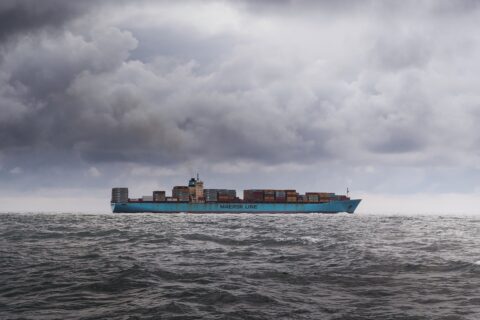
The best place to start if you want to develop an incoterms guide for new shippers is with an explanation of incoterms. These internationally recognised terms are a simple way of describing commercial exchanges between two parties. Though they may initially sound mysterious, they are simply a short way of saying international commercial terms. The universally recognised incoterms rules are there to aid in communication and reduce confusion between buyers and sellers. Buyers and sellers of goods must abide by these rules to communicate and reduce confusion. Incoterms define the transactional obligations and responsibilities of a buyer and a seller in simple-to-understand short-form classifiers. By reducing reliance on legal and commercial jargon, FOB-style short-form classifiers, as well as FOB, are among the most common.
Key Things to Learn About Incoterms
The difficulty for a person new to international trade isn’t comprehending each incoterms, but rather choosing which to use. In addition, you may utilise only a few of these terms regularly as an international trader, and ICC revisions occur once every ten years, so you’ll have no trouble staying up to date with them.
Current Incoterms for International Trade
EXW Ex Works: Under the Ex Works incoterm, the buyer takes possession of the goods at the seller’s factory, warehouse, or store, and consequently assumes all transportation costs and risks of getting the goods to their final destination.
FCA Free Carrier: It means that the seller of the item is responsible for all export documentation and customs formalities, transportation costs, and risk up until the shipment is handed over to the first carrier, which can be a freight forwarder in the seller’s country and, once the handover takes place, the buyer will own the risk and costs associated with the forwarder’s warehouse through to the item’s final destination.
FAS Free Alongside Ship: All expenses and dangers of exporting are borne by the seller, besides loading the cargo onto the exporting vessel. The seller also has to handle export procedures. Upon arrival at the docks, the shipment is ready to be loaded. The buyer takes possession of it thereupon.
FOB Free On Board: An FOB sale means that the seller must load the merchandise onto the ship specified by the buyer without having to worry about costs or hazards up to and including shipping the item to the destination country. In this scenario, the buyer is not responsible for the various shipping processes in the foreign country.
CPT Carriage Paid To: There is quite a big difference between owning the cost and being exposed to the risk. The seller may be responsible for all the shipping expenses involved in delivering to the buyer’s destination terminal. However, after the shipment arrives at the seller’s departure terminal, the buyer assumes the risk.
Other Incoterms include:
CIP Carriage And Insurance Paid To
CFR Cost And Freight
CIF Cost, Insurance, And Freight
DAT Delivered At Terminal
DAP Delivered At Place
DDP Delivered Duty Paid
It is unlikely that your business will need to employ all of the 11 incoterms listed earlier. As a result, most firms use only one or two, with Ex Works and FOB being among the most popular:
Ex Works: This incoterm is popular with purchasers who do not want to deal with sellers’ local service pricing, and with manufacturers who do not want to deal with outbound logistics.
FOB: For enterprises that frequently import products from overseas, FOB is popular because they don’t have to bargain with local carriers and service providers in the exporting country. However, FOB is also one of the most misunderstood of these shipping trade terms, and many buyers overlook the fact that it is only intended for non-containerized freight travelling via ocean or waterway routes.
ProConnect Integrated Logistics for your Business
ProConnect is a third party logistics company incorporated in 2015 to capture the Middle Eastern 3PL market with prime focus on achieving optimal efficiency and customer satisfaction.
Be it large volumes of cargo, or just a few kilos; be it air, sea or road freight – businesses across the world have entrusted their freight shipping to us. Our expertise over the years has helped many businesses grow across boundaries.
In addition to shipping, we also undertake warehousing, customs clearance, import and export trade help that you may have along with offering you value-added services.
If you are looking for a partner to take care of all your logistics hassles, talk to us today.





 APP DOWNLOAD
APP DOWNLOAD